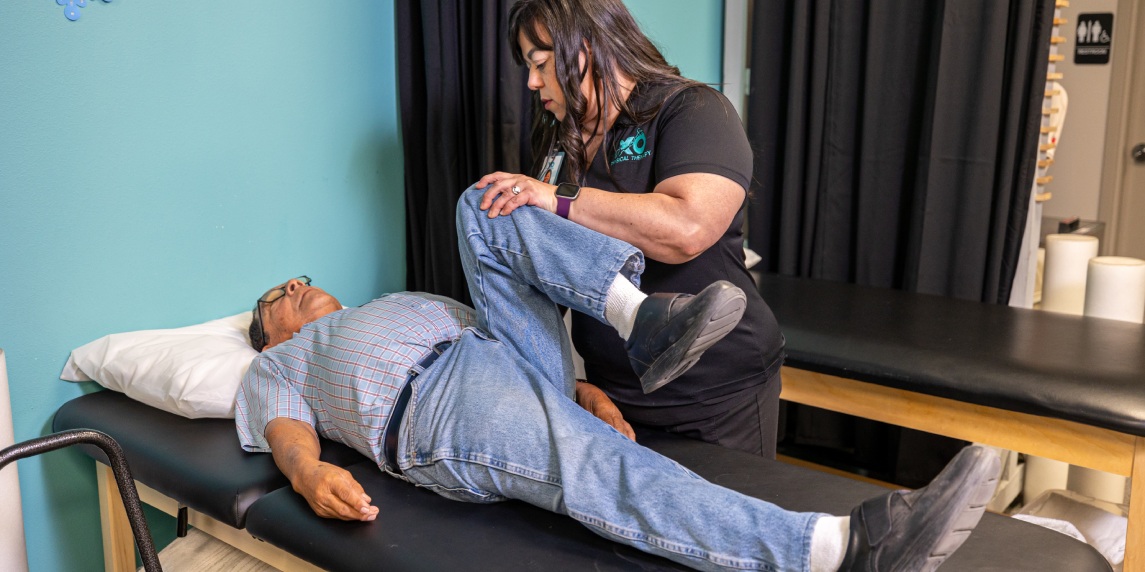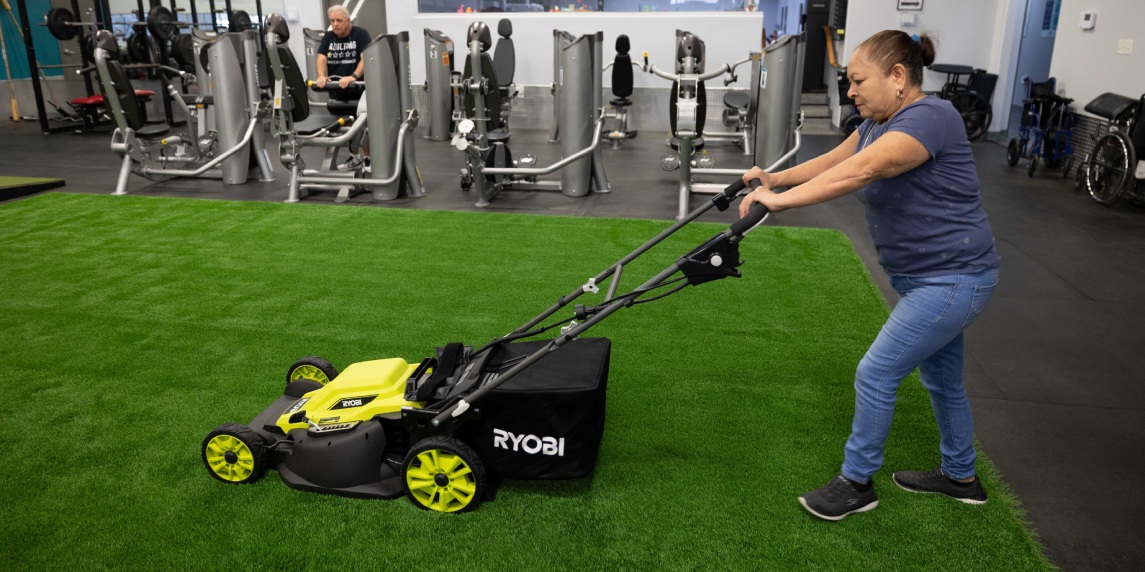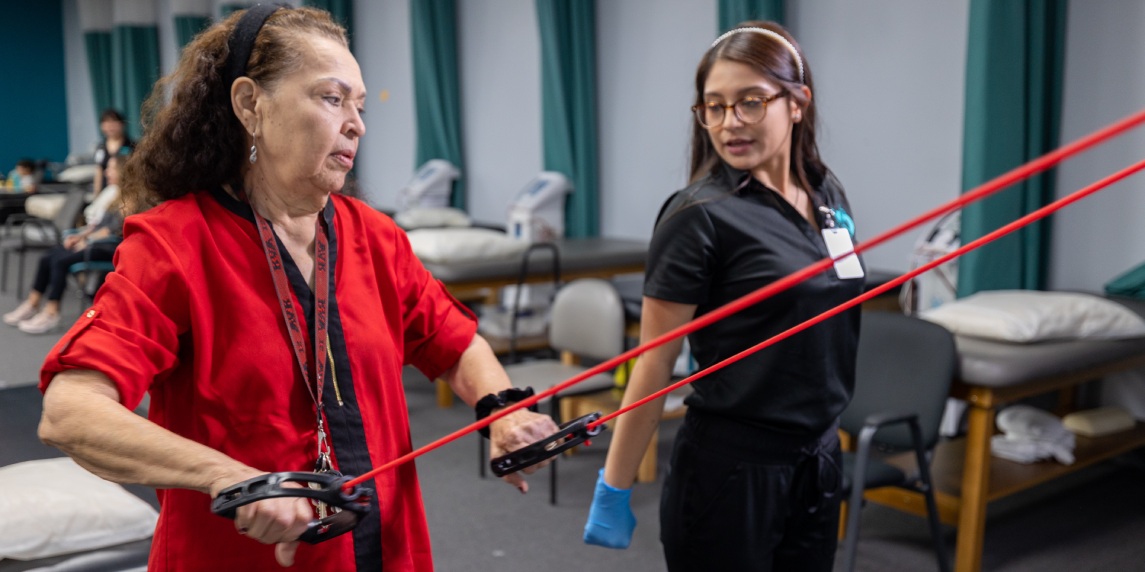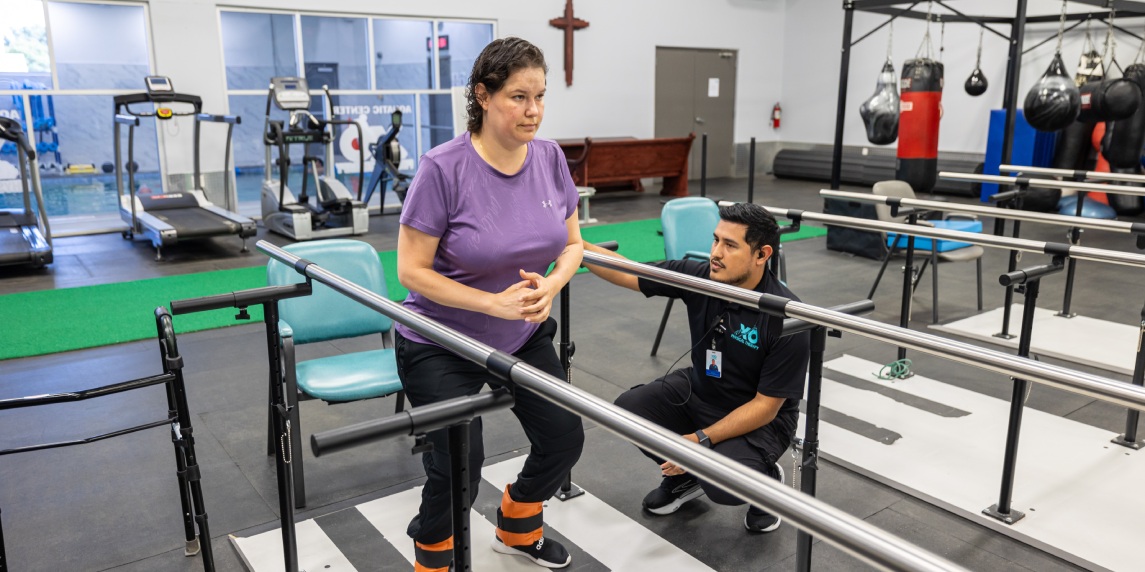The Role of Physical Therapy in Injury Prevention

The significance of preventing injuries while maintaining overall health during exercise cannot be overstated. Injuries can set back progress and lead to long-term complications if not addressed properly. Physical therapy emerges as a vital solution in this respect, playing a crucial role in enhancing an individual’s strength, flexibility, biomechanics, and general fitness. By employing a variety of strategies, physical therapists help in mitigating the risk of injuries, thereby ensuring individuals can pursue their fitness goals safely. Whether you are an athlete or a fitness enthusiast, integrating physical therapy into your regimen offers invaluable benefits to keep you healthy and injury-free.

Comprehensive Physical Therapy Assessments
Physical therapists employ comprehensive assessments as a cornerstone of injury prevention. These evaluations meticulously analyze movement patterns, strength, flexibility, and biomechanics, providing critical insights into an individual’s physical condition. By identifying potential weaknesses or imbalances, these assessments help highlight areas that may be prone to injury. For instance, an imbalance between muscle groups or improper movement mechanics can significantly increase the risk of injury during exercise.
Based on the findings of these assessments, physical therapists design tailored exercise programs. These customized plans are crafted to address the specific needs of each individual, incorporating preventive techniques that target and rectify the identified weaknesses. Whether it involves strengthening particular muscle groups, enhancing flexibility, or correcting biomechanical issues, personalized programs ensure a holistic approach to injury prevention. This bespoke strategy not only helps in mitigating injury risks but also optimizes overall fitness and performance.

Improving Form and Technique
Ensuring proper form and technique is paramount in preventing injuries during exercise and sports activities. Physical therapists specialize in working with clients to perfect their techniques, whether they are seasoned athletes or beginners. This meticulous attention to detail helps to reduce the strain on muscles and joints, thereby minimizing the risk of injury.
During pre-season and off-season training periods, maintaining correct form is particularly crucial. These phases are vital for preparing the body for the demands of an upcoming season. Physical therapists provide targeted guidance to ensure that exercises are performed correctly, which not only helps in injury prevention but also enhances overall athletic performance. By instilling these habits early, athletes can achieve better efficiency and longevity in their sports careers.

Building Strength and Endurance
Building strength and endurance is a vital component of injury prevention. Physical therapists create personalized plans tailored to an individual’s needs to enhance muscle strength and flexibility. These plans often incorporate a variety of exercises aimed at improving different muscle groups, which in turn helps in developing overall physical resilience.
An essential aspect of these plans is functional training. This training simulates movements commonly performed in daily activities or sports, thereby promoting muscle memory and stability. By mimicking real-life activities, functional training helps the body adapt and respond efficiently, reducing the likelihood of injuries.
In addition to physical exercises, proper nutrition and hydration play a crucial role in injury prevention. A balanced diet provides the necessary nutrients for muscle repair and growth, while adequate hydration ensures optimal muscle function and reduces the risk of cramps and strains. Physical therapists often offer advice on dietary habits and fluid intake to complement the physical training regimen].
Maintaining Fitness
Maintaining a high level of fitness, particularly during the offseason and preseason, is essential for reducing the risk of injuries. Staying active during these periods helps keep muscles strong and flexible, preparing the body for the physical demands of regular season activities. Physical therapists emphasize the importance of continuous activity to ensure that athletes remain in peak condition and are less susceptible to injuries when they resume their sporting activities.
Developing personalized conditioning programs is a critical aspect of fitness maintenance. These programs are tailored to an individual’s specific sport and fitness goals, ensuring that the exercises target the appropriate muscle groups and movement patterns. By focusing on sport-specific conditioning, physical therapists help athletes build the stamina and strength required for their particular disciplines, thereby enhancing performance and resilience.
Regular workouts and consistent sports practices are fundamental in preventing injuries and improving overall performance. Engaging in a structured fitness regimen allows individuals to maintain their physical conditioning and agility, making their muscles and joints more adaptable to the stresses of athletic activities. By embedding these routines into their daily or weekly schedules, athletes can ensure that they remain at the top of their game all year round.
Embrace Physical Therapy for Long-Term Health and Safety
Physical therapy provides a comprehensive approach to preventing injuries and maintaining overall health during exercise. By conducting thorough assessments, physical therapists can identify weaknesses and imbalances in an individual’s body, allowing for the creation of personalized exercise programs. These programs target specific needs and ensure that proper form and techniques are used, which is vital for reducing the risk of injuries and enhancing overall performance.
In addition to personalized programs, physical therapists also focus on building strength and endurance through tailored conditioning regimes. This approach not only helps in injury prevention but also prepares athletes for the physical demands of their sport. Functional training, which mimics real-life movements, further aids in developing muscle memory and stability, making the body more resilient to injury.
For anyone looking to enhance their physical performance and maintain long-term health, engaging with physical therapy services is an excellent step. Whether you are an athlete or simply someone who wants to stay active, a well-crafted physical therapy program can keep you healthy and injury-free. Don’t wait until an injury occurs—take proactive steps to maintain your fitness and well-being today.




